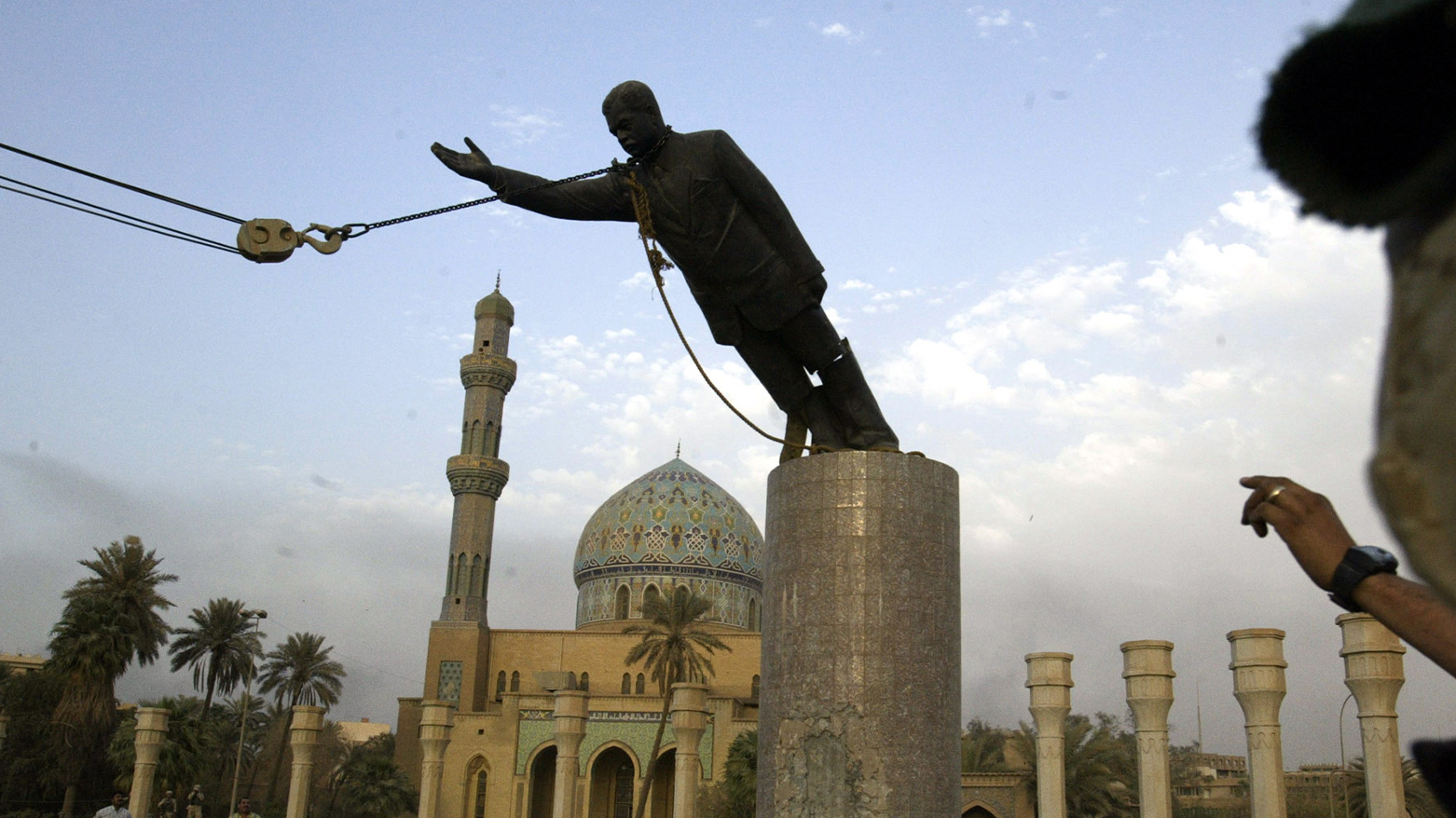Justice delayed: Kurdish victims of Ba'ath regime still await compensation

ERBIL (Kurdistan 24) - In the wake of the 21st anniversary of the fall of Saddam Hussein's Ba'ath regime, the Kurdish people of Iraq are still grappling with the enduring legacy of its brutal reign. Despite international recognition of the regime's atrocities as genocide, justice remains elusive for the victims and their families.
The Ba'ath regime's crimes against the Kurdish population, including the infamous Anfal campaigns, chemical attacks, and systematic destruction of villages, continue to haunt the collective memory of the Kurdistan Region. Over 182,000 lives, including women, children, and youth, were tragically cut short during the eight stages of the Anfal, with horrifying accounts of elderly and disabled Kurds being buried alive.
One of the darkest chapters in this saga unfolded on March 16, 1988, when the Ba'ath regime unleashed chemical weapons on the town of Halabja, claiming the lives of more than 5,000 innocent civilians. The scars of this heinous act still linger, serving as a grim reminder of the regime's barbarity.
Moreover, the Ba'ath regime's policy of Arabization forcibly displaced hundreds of thousands of Kurdish families from their ancestral lands, replacing them with Arab citizens. Despite the promise of restitution outlined in Iraq's constitution, particularly in Article 140, which mandates the return of displaced Kurds and the resolution of administrative disputes, successive Iraqi governments have failed to deliver on their commitments.
Instead, Kurdish areas outside the Kurdistan Regional Government's jurisdiction continue to bear the brunt of ongoing Arabization efforts, perpetuating a cycle of injustice and displacement.
As the world marks another year since the downfall of the Ba'ath regime, it is imperative that the international community redoubles its efforts to ensure justice for the Kurdish victims. Compensation for their losses and recognition of their suffering are not just moral imperatives but essential steps towards healing the wounds of the past and building a more inclusive future for all the victims. The time for action is now, as justice delayed is justice denied.
